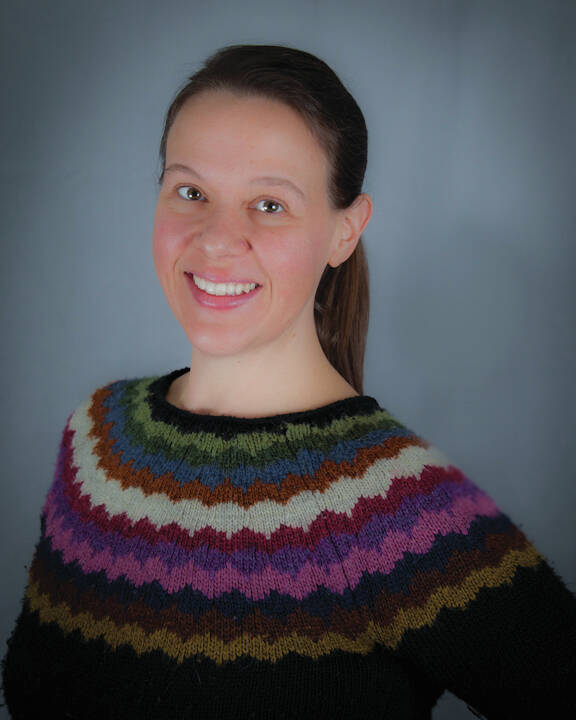Alaska experienced the greatest increase in overdose death rates nationwide in 2021, with fentanyl overdoses increasing by 150%. Native Alaskans suffer from overdose rates three times higher than white Alaskans and have disproportionately less access to medication to treat opioid use disorder.
Medication to treat opioid use disorder such as buprenorphine is dramatically effective at reducing death rates by up to 80%, however, historically many rural Alaskans have not had access to this lifesaving medication.
As one of the few addiction specialists providing care to Native Alaskans in rural Alaska, I have seen firsthand the struggles patients face trying to access addiction care. In the previous decade buprenorphine treatment has greatly expanded, from less than one-quarter of tribal health organizations offering it, to now two-thirds of them offering treatment services.
However, in many cases limited medication formulations are offered, patients may still be required to travel to the hub cities for refills and they can’t access addiction care via telemedicine.
Most of the 170 tribal village clinics are off the road system and staffed only by community health aide practitioners (CHAPs), with licensed providers visiting only monthly or less often. Concerns and stigma around diversion and misuse of daily sublingual buprenorphine (Suboxone), as well as the difficulty in monitoring the use of this medication in remote areas, has caused many rural tribal clinics to refuse to offer this treatment.
Five years ago, a new medication formulation, monthly injectable buprenorphine (Sublocade) was released, and it has revolutionized opioid addiction treatment.
It provides long-lasting control of drug cravings and blockade of opioids to help prevent fentanyl induced respiratory depression. Since it is mailed directly to, and administered in, a medical clinic, there is no concern for diversion or misuse of this medication.
Since it is given once a month, it greatly reduces the burden of treatment for patients and providers and removes the concerns about medication interruption due to bush shipping delays. The medication is very simple and safe to administer, and the injection can easily be performed by a village CHAP, under a licensed medical provider’s remote supervision.
The expansion of telemedicine capabilities during COVID has allowed us to provide addiction specialty care to these outlying villages where access was not available in the past. Currently, the largest barrier to serving remote village tribes is that due to DEA restrictions, Sublocade cannot be shipped to a clinic staffed only by a CHAP, it can only be shipped to clinics that have a resident DEA licensed provider (MD/DO/PA/NP).
This incredibly effective and safe medication has the potential to dramatically increase access to treatment and reduce overdose risk in rural and remote Alaska, but legislation is needed to change the shipping restrictions on a federal level.
Sen. Lisa Murkowski recently sponsored a bill to expand addiction treatment that passed with the omnibus bill in December 2022.
This bill expanded privileges to CHAPS to dispense and administer buprenorphine, as well as to oversee telemedicine visits with remote addiction specialists. The bill also removed the special prescribing requirements around buprenorphine, so that all DEA registered medical providers can now prescribe this medication.
The biggest piece of the puzzle that is missing to bridge this treatment gap is to change the DEA regulations to allow pharmacies to ship Sublocade to remote Native clinics staffed only by a CHAP.
I urge readers to please encourage your senators and congresspeople to introduce legislation to bring this lifesaving treatment to our most vulnerable Alaskans. We have dramatically effective and safe treatments to reduce overdose deaths, let’s make sure that all Alaskans have equal access to them.
Sarah Spencer DO, FASAM is an addiction medicine specialist in Anchor Point.

